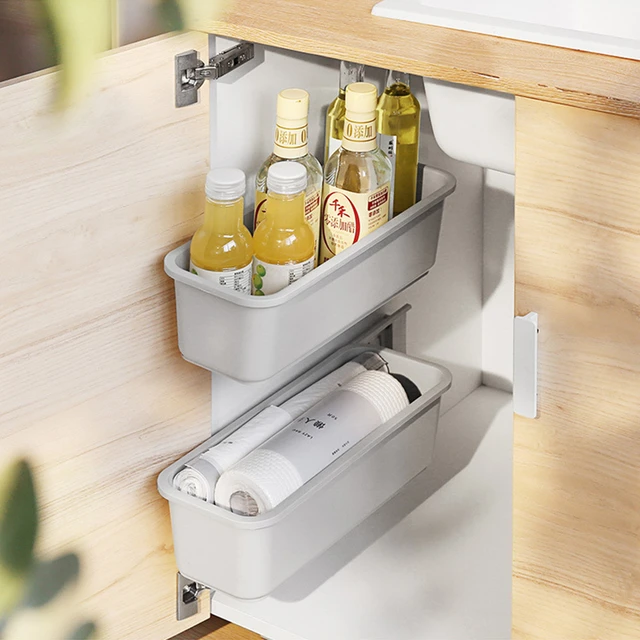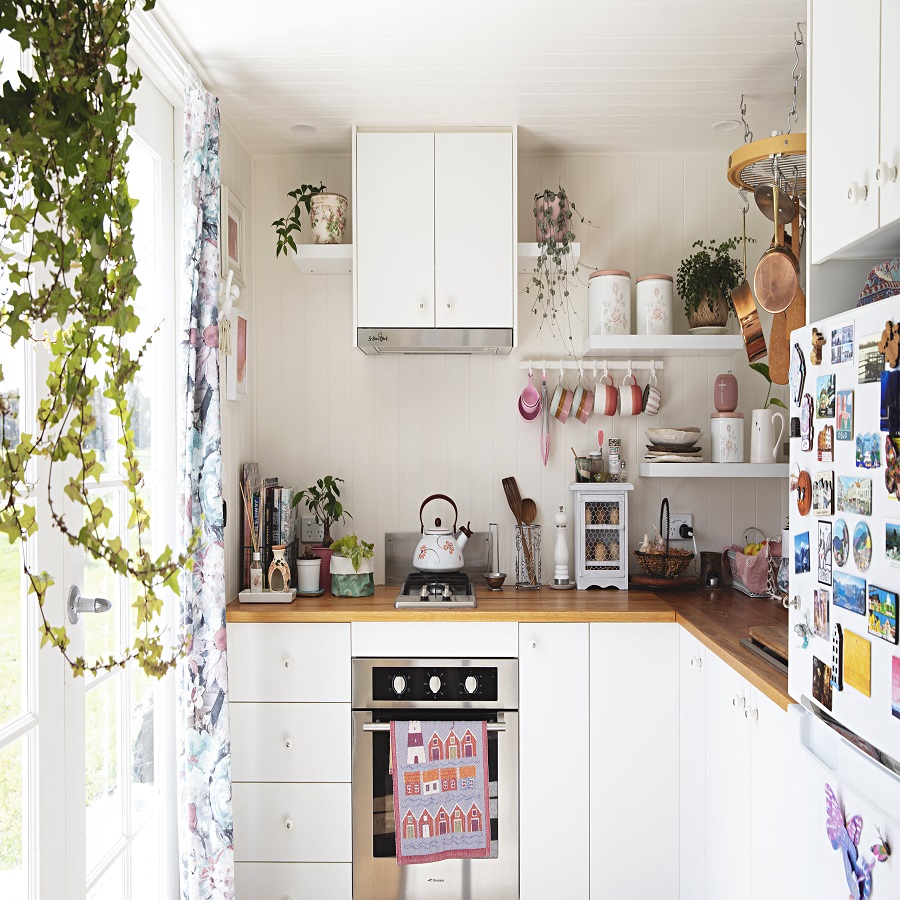How much does it cost to install kitchen cabinets labor only
When planning a kitchen remodel, one of the key components is installing new kitchen cabinets. The cost of this installation can vary widely, depending on several factors. In this article, we will focus on understanding How much does it cost to install kitchen cabinets labor only. We will explore the factors influencing these costs, what you can expect to pay, and tips to make an informed decision.
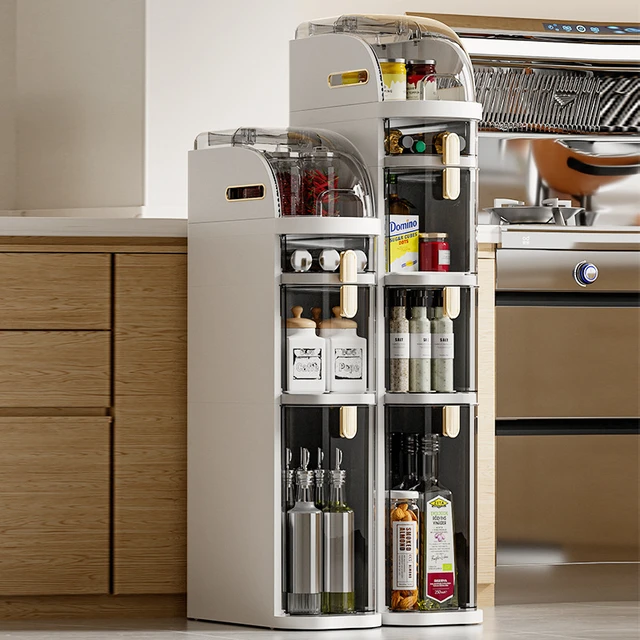 Understanding How much does it cost to install kitchen cabinets labor only
Understanding How much does it cost to install kitchen cabinets labor only
How much does it cost to install kitchen cabinets labor only
Labor Costs vs. Total Costs
Labor Only: When we talk about labor costs, we are referring solely to the cost of paying professionals to install the cabinets. This does not include the price of the cabinets themselves or any additional materials.
Total Costs: Total costs will encompass the price of the cabinets, hardware, countertops, and any other supplementary fixtures or modifications needed for the installation.
Factors Influencing Labor Costs
Several factors impact the labor costs associated with installing kitchen cabinets. Let’s delve into the most significant ones:
Type of Cabinets
Pre-Assembled Cabinets: These cabinets come ready to install, which generally reduces labor costs because they are quicker and easier to put in place.
Ready-to-Assemble (RTA) Cabinets: These cabinets come in flat packs and need to be assembled on-site. The assembly process adds to the total labor cost.
Custom Cabinets: Custom-made cabinets usually require more time and expertise to install, significantly increasing labor costs.
Kitchen Size and Layout
Square Footage: Larger kitchens with more cabinets will naturally cost more to install compared to smaller kitchens.
Complex Layouts: Kitchens with complicated layouts or unique design features can increase labor costs due to the extra time and skill required.
Installation Site Condition
Existing Infrastructure: If the kitchen space is ready and has all necessary utilities in place, labor costs will be lower. If substantial preparatory work is needed, such as removing old cabinets or repairing walls, labor costs will increase.
Geographic Location
Regional Variations: Labor costs can vary greatly based on geographic location. Urban areas with a higher cost of living tend to have higher labor rates compared to rural areas.
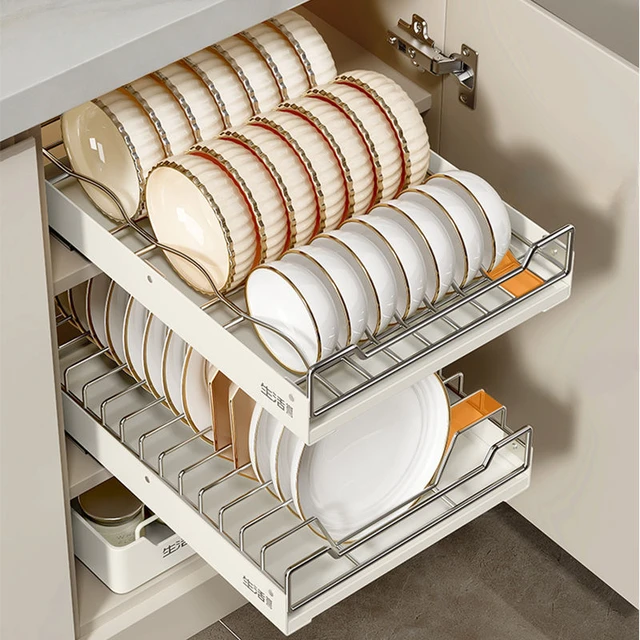 Costs for How much does it cost to install kitchen cabinets labor only
Costs for How much does it cost to install kitchen cabinets labor only
National Averages
Basic Installations: On average, labor costs for installing kitchen cabinets range from $40 to $70 per hour. The total labor cost for a simple installation, which might take about 10–20 hours, typically falls between $400 and $1,400.
Custom Installations: For more complex installations, such as custom cabinets or intricate designs, labor costs can range from $70 to $120 per hour. These installations might take longer, resulting in a total labor cost between $1,400 and $3,600 or more.
Breaking Down Costs
Per Cabinet: Another way to estimate costs is on a per-cabinet basis. On average, you might pay between $100 and $300 per cabinet for labor when installing pre-assembled units. For custom or RTA cabinets, the cost can rise to $300–$500 or more per cabinet.
Detailed Examples
Basic Kitchen
Description: A small to mid-sized kitchen with straightforward installations of pre-assembled cabinets.
Time Estimate: 10–15 hours
Cost Estimate: $400–$1,050
Custom Medium-Sized Kitchen
Description: A mid-sized kitchen with custom cabinet installations, including some modifications.
Time Estimate: 20–30 hours
Cost Estimate: $1,400–$3,600
Large Kitchen with RTA Cabinets
Description: A large kitchen with ready-to-assemble cabinets, requiring extensive assembly and installation.
Time Estimate: 30–50 hours
Cost Estimate: $2,100–$6,000
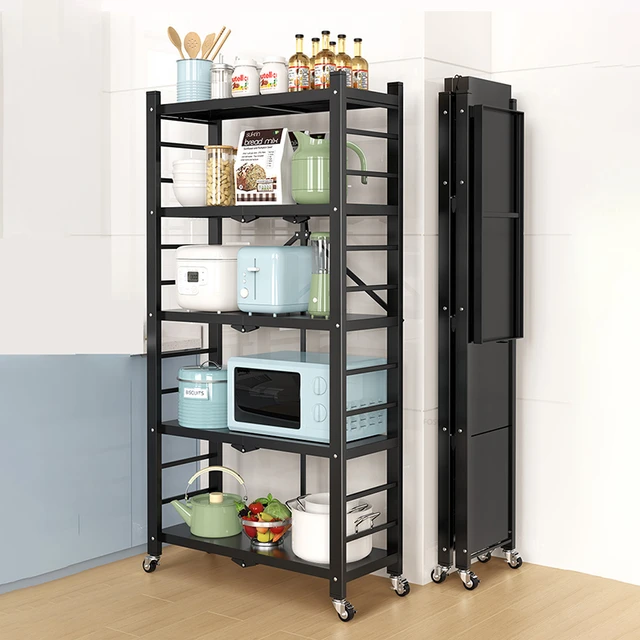 Additional Considerations and Costs
Additional Considerations and Costs
How much does it cost to install kitchen cabinets labor only
Demolition and Removal
Old Cabinets: If you need to remove old cabinets, this can add to the labor costs. The demolition might cost an additional $300–$800, depending on the complexity.
Disposal Fees: Some contractors charge for the disposal of old cabinets and debris, which can add another $50–$200 to the total cost.
Minor Repairs and Preparations
Wall Repairs: Repairing or prepping the walls, such as patching holes or smoothing surfaces, can add to labor costs. Expect to pay an extra $100–$500 for minor repairs.
Utility Adjustments: Adjustments to plumbing, electrical, or HVAC to accommodate the new cabinets can also increase labor costs, potentially adding $200–$1,000 to the total.
Hiring the Right Installer-How much does it cost to install kitchen cabinets labor only
Qualities to Look For
Experience and Expertise: Seek installers with experience in kitchen cabinet installations, particularly with the type of cabinets you are using.
References and Reviews: Check references and read reviews to ensure the installer has a good track record of quality work and customer satisfaction.
Licensing and Insurance: Make sure the installer is properly licensed and insured to avoid liability issues.
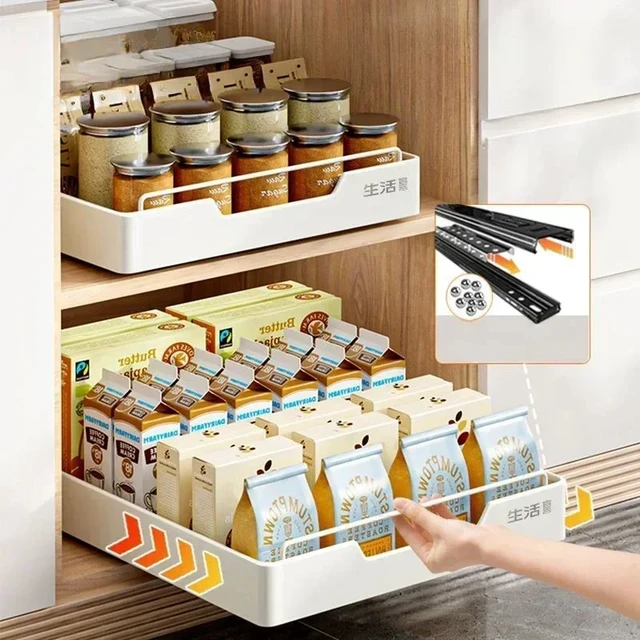 Getting Quotes
Getting Quotes
Multiple Estimates: Obtain multiple quotes from different installers to compare costs and services. This helps ensure you get a fair price.
Written Estimates: Always ask for written estimates detailing the scope of work and the total labor cost. This prevents misunderstandings and provides a clear agreement.
Contracts and Payment
Detailed Contract: A detailed contract should outline the work to be done, timelines, payment schedules, and any guarantees or warranties.
Payment Schedules: Avoid paying the full amount upfront. A common practice is to pay a deposit, followed by incremental payments as work progresses, with the final payment upon completion.
Tips for Cost-Saving
Do Some Work Yourself
Demo Work: If you’re comfortable with some DIY tasks, handling the demolition of old cabinets yourself can save on labor costs.
Preparation: Prepare the space by patching minor wall holes or removing old fixtures, so the installer can focus solely on the installation.
Buy Wisely
Pre-Assembled Cabinets: Opt for pre-assembled cabinets to decrease assembly time and ultimately reduce labor costs.
Simple Layouts: Design your kitchen layout to be more straightforward to minimize complex carpentry work and save on labor.
Some common materials used for kitchen cabinets:
Solid Wood:
Hardwood:
Types: Oak, maple, cherry, hickory, and birch.
Durability: Extremely durable and can be refinished multiple times.
Appearance: Natural wood grain and color can vary, providing a warm and traditional look.
Softwood:
Types: Pine and cedar.
Durability: Softer and more prone to dents and scratches compared to hardwood.
Appearance: Lighter in color with a more rustic appearance; can be painted or stained.
Engineered Wood:
Plywood:
How much does it cost to install kitchen cabinets labor only
Composition: Made by layering thin sheets of wood veneer and gluing them together.
Durability: High strength and resistance to warping and moisture.
Appearance: Can be veneered with various types of wood for a high-end look.
Medium-Density Fiberboard (MDF):
Composition: Made from wood fibers bonded with resin under high pressure.
Durability: Smooth and consistent surface that takes paint well.
Appearance: Often used for painted finishes as it provides a smooth, uniform look.
Particleboard:
Composition: Made from wood particles and resin compressed together.
Durability: Less durable and more susceptible to moisture compared to plywood and MDF.
Appearance: Often covered with a veneer or laminate for a better finish.
Laminate:
High-Pressure Laminate (HPL):
Composition: Layers of paper impregnated with resin, bonded under high pressure.
Durability: Extremely durable, resistant to scratches, heat, and stains.
Appearance: Available in a variety of colors and patterns, often mimicking the look of natural wood or stone.
Thermofoil:
Composition: A type of vinyl film applied to MDF using heat and pressure.
Durability: Smooth, easy-to-clean surface but can peel over time.
Appearance: Available in various colors and can mimic painted finishes or wood grain.
Metal:
Stainless Steel:
Durability: Highly durable, resistant to heat and stains.
Appearance: Modern, industrial look, often used in professional kitchens.
Maintenance: Easy to clean but can show fingerprints and scratches.
Aluminum:
Durability: Lightweight and resistant to rust and corrosion.
Appearance: Often used for contemporary or industrial designs.
Maintenance: Requires regular cleaning to maintain its appearance.
Glass:
Glass Inserts:
Types: Clear, frosted, textured, or stained glass.
Durability: Depending on the type of glass, can be quite durable but generally fragile compared to other materials.
Appearance: Adds an elegant and open feel to the kitchen; often used for upper cabinet doors.
Other Materials:
Bamboo:
Durability: Naturally strong and sustainable material.
Appearance: Offers a unique, eco-friendly look with a natural grain.
Maintenance: Requires regular sealing to prevent damage.
Acrylic:
Durability: Resistant to moisture and easy to clean.
Appearance: High-gloss finish available in various colors, offering a modern look.
Maintenance: Surface is prone to scratching but can be buffed out.
Melamine:
Composition: Particleboard or MDF coated with melamine resin.
Durability: Resistant to moisture and scratches but can chip.
Appearance: Available in various colors and patterns, often mimicking wood or other materials.
These various materials offer a wide range of options depending on your aesthetic preferences, durability needs, and budget constraints. Understanding the characteristics of each material can help you make an informed decision for your kitchen cabinets.
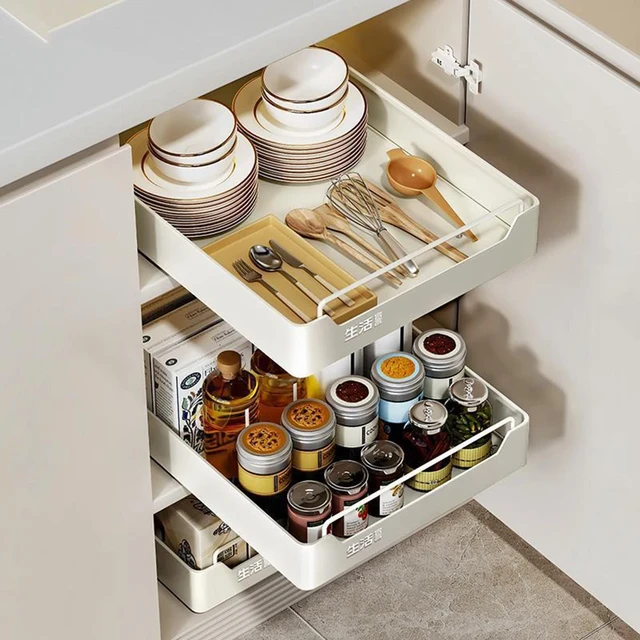 Conclusion of How much does it cost to install kitchen cabinets labor only
Conclusion of How much does it cost to install kitchen cabinets labor only
How much does it cost to install kitchen cabinets labor only
The labor costs for installing kitchen cabinets can vary broadly based on factors such as the type of cabinets, kitchen size, installation site condition, and geographic location. On average, you can expect to pay between $40 and $70 per hour for basic installations and up to $120 per hour for more complex or custom installations.
By understanding these factors and properly planning your project, you can make informed decisions and choose the right installer to fit your needs and budget. Whether opting for pre-assembled cabinets for cost savings or investing in custom cabinets for a personalized touch, knowing the labor costs involved helps you manage your kitchen remodel more effectively.

